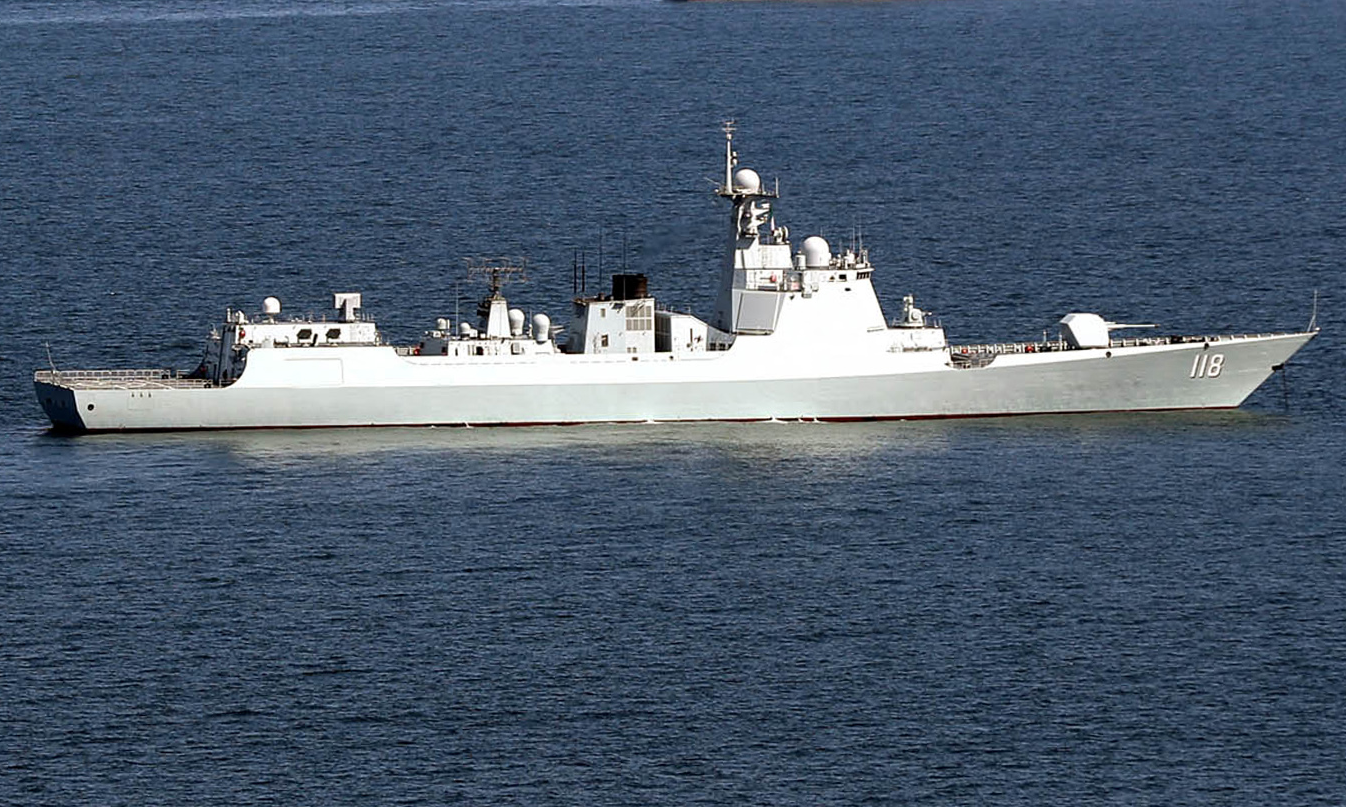China and Russia have commenced the comprehensive maritime phase of their "Joint Sea-2025" naval exercises near Vladivostok, Russia, the Chinese Ministry of National Defense announced today. This phase, spanning three days, involves submarine rescue drills, coordinated anti-submarine and air defense operations, missile defense, and maritime operations.
Four Chinese warships, including the guided-missile destroyers Shaoxing and Urumqi, are participating alongside Russian vessels. Following the exercises, the two nations will conduct joint patrols in "relevant waters of the Pacific Ocean", according to the Chinese Ministry of National Defense.
 |
The Chinese destroyer Urumqi in the Gulf of Oman in 2024. Photo: AFP |
The Chinese destroyer Urumqi in the Gulf of Oman in 2024. Photo: AFP
At a regular press conference on 30/7, Chinese Ministry of National Defense spokesman Zhang Xiaogang stated that the exercises are part of the annual cooperation plan between the two militaries. He emphasized they are not directed at any third party and are unrelated to the current international or regional situation.
Russia and China have conducted 10 "Joint Sea" exercises since 2012. Last year's event took place along China's southern coast.
These exercises have become a vital channel for cooperation between the two navies, enhancing their ability to coordinate maritime operations comprehensively, according to CCTV.
Wang Yunfei, a Chinese military expert, suggests that the inclusion of submarine rescue and anti-submarine warfare drills indicates the likely participation of submarines, though this has not been publicly confirmed by either side. This, he notes, reflects the growing closeness and mutual trust between the Russian and Chinese militaries.
China and Russia declared a "no limits" partnership in 2/2022, during Russian President Vladimir Putin's visit to Beijing. Since the outbreak of the war in Ukraine, Beijing has consistently called for a ceasefire and promoted peaceful measures, while accusing the West of prolonging the conflict by supplying arms to Kyiv.
Pham Giang (According to AFP, Global Times)












